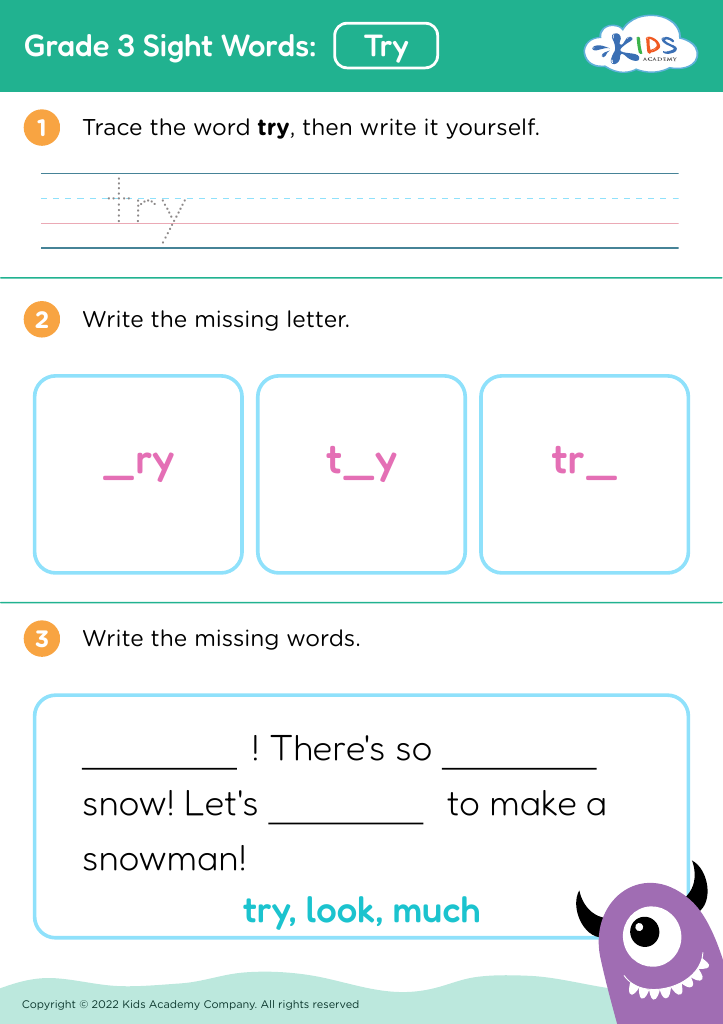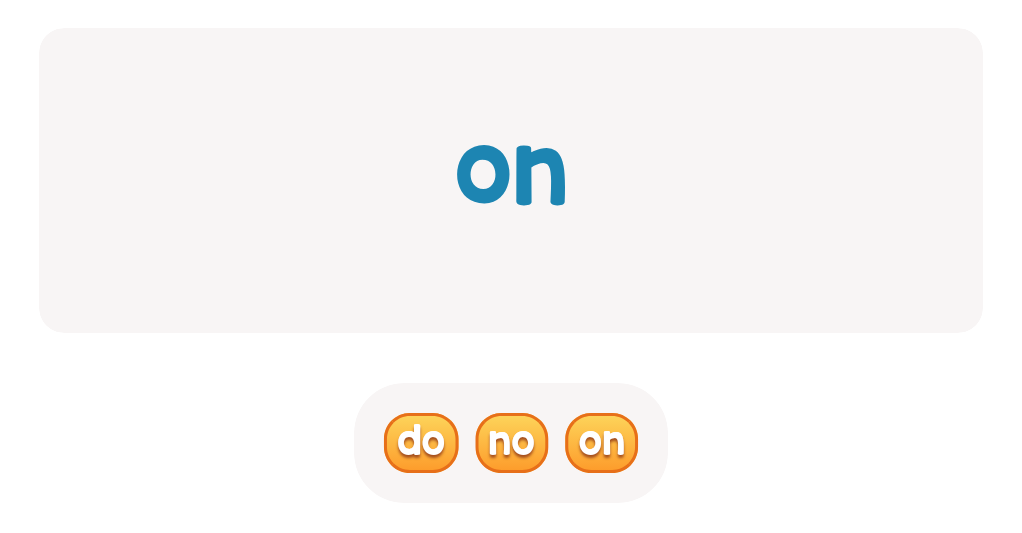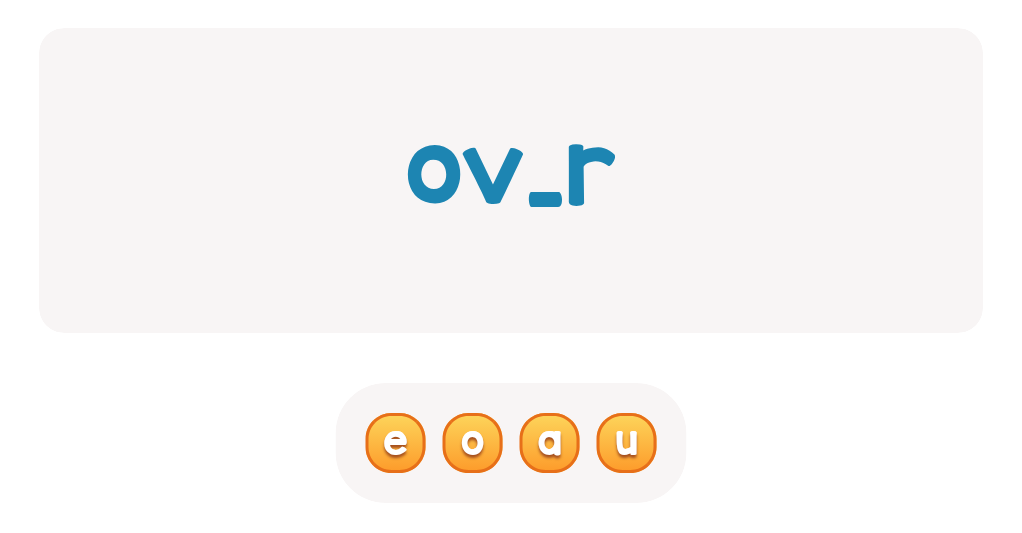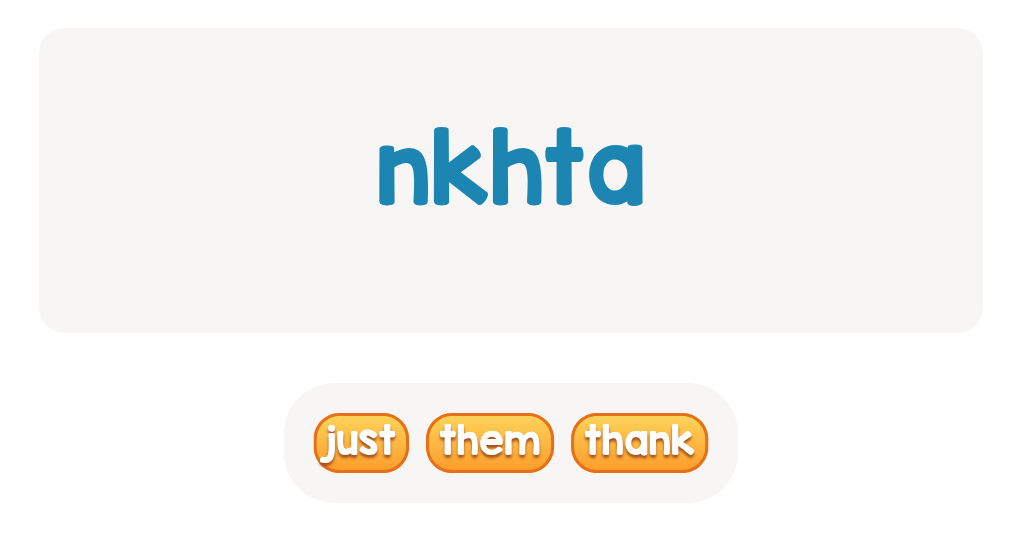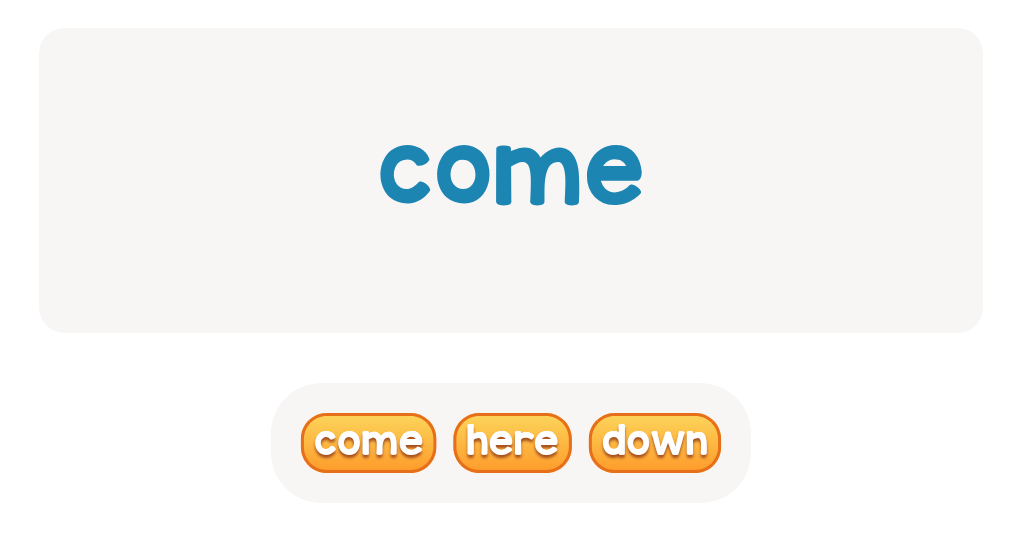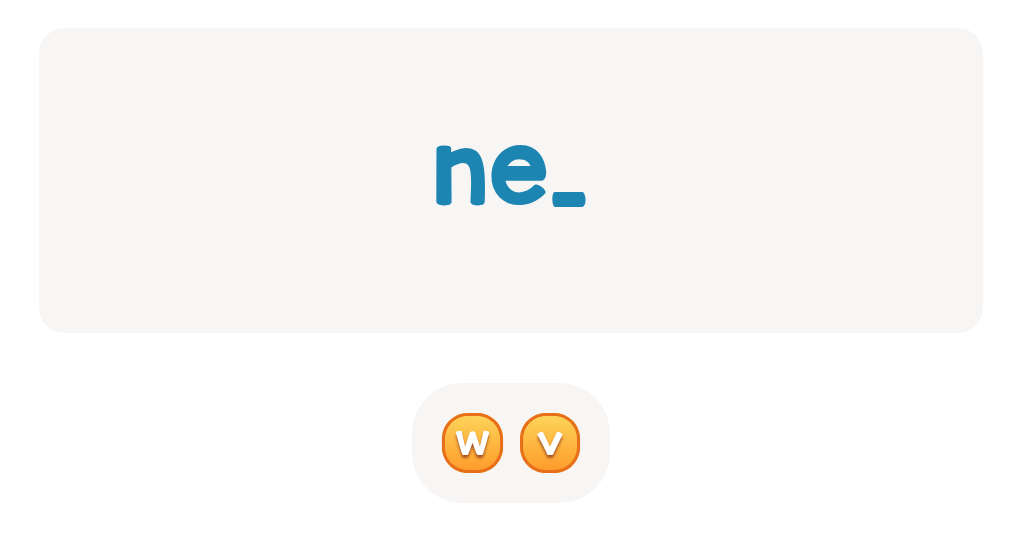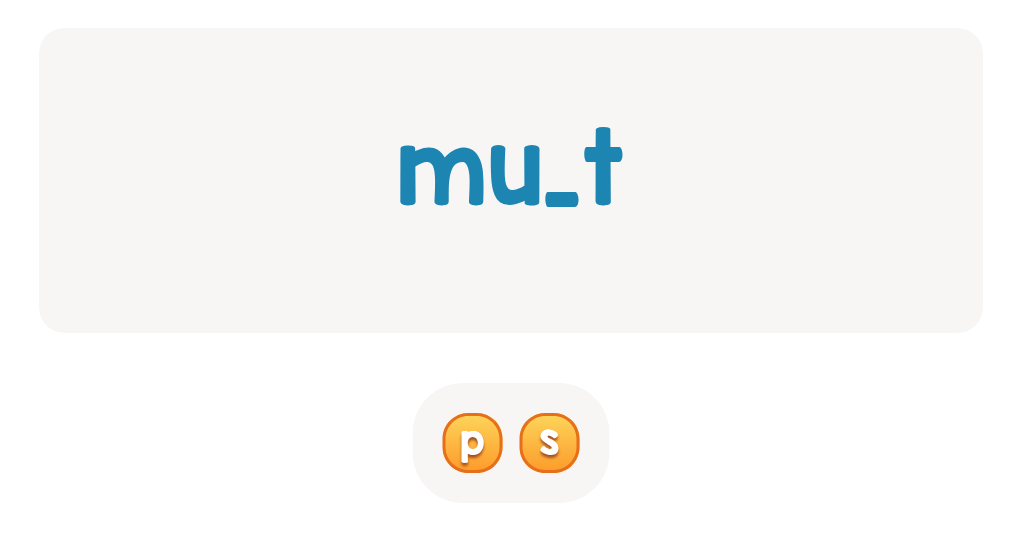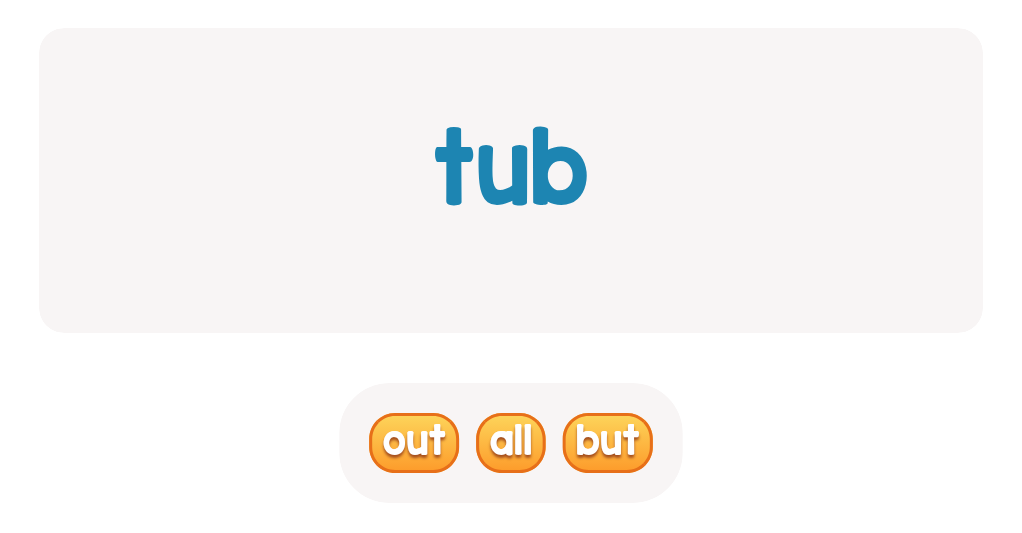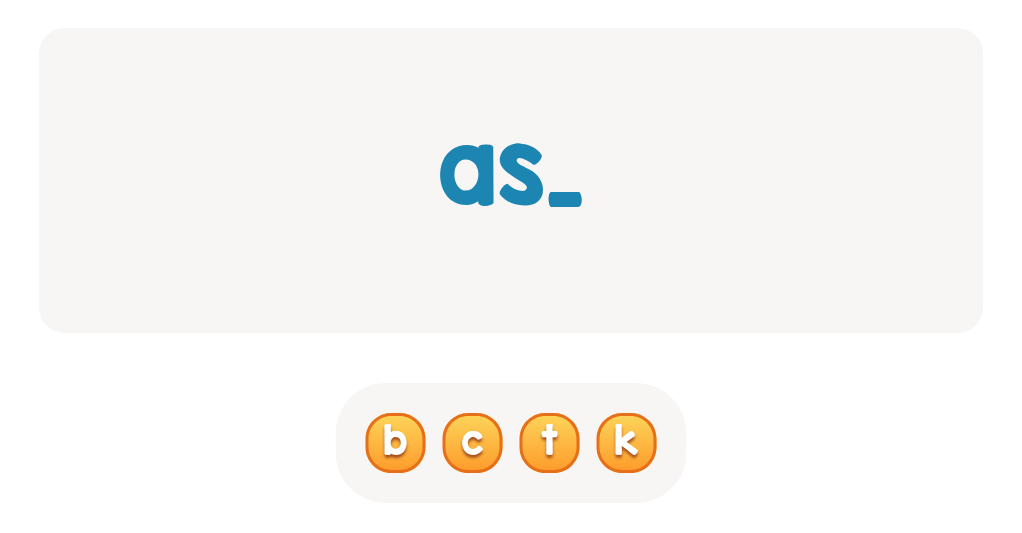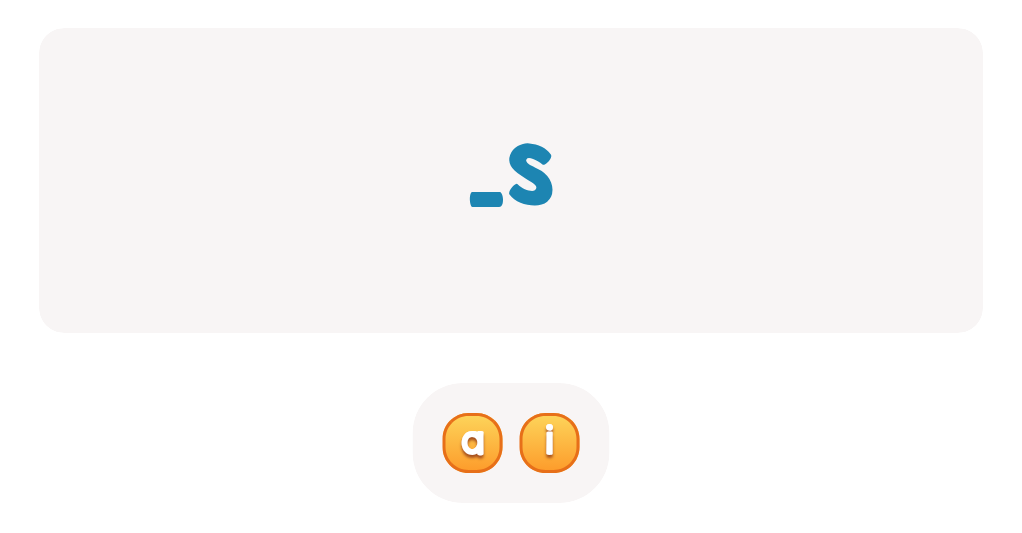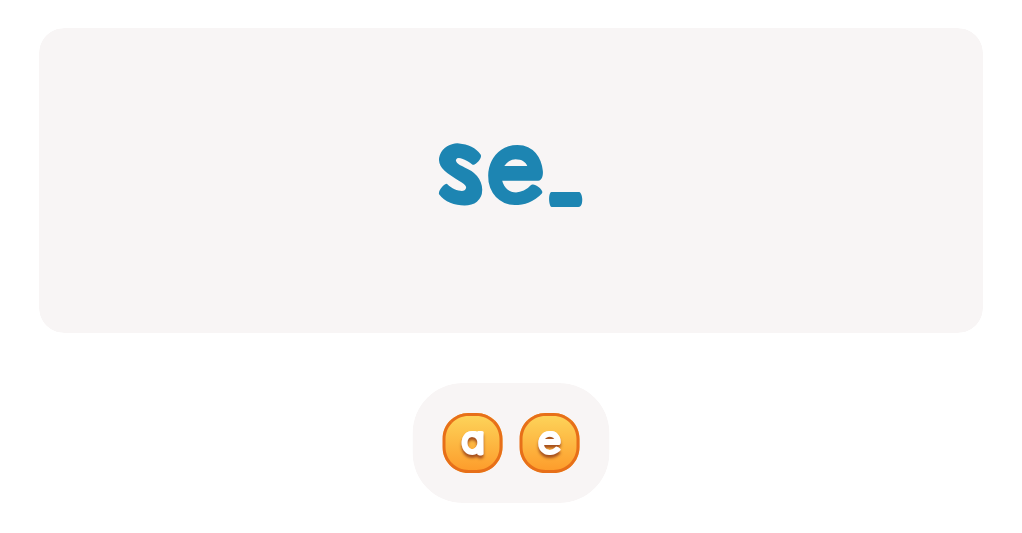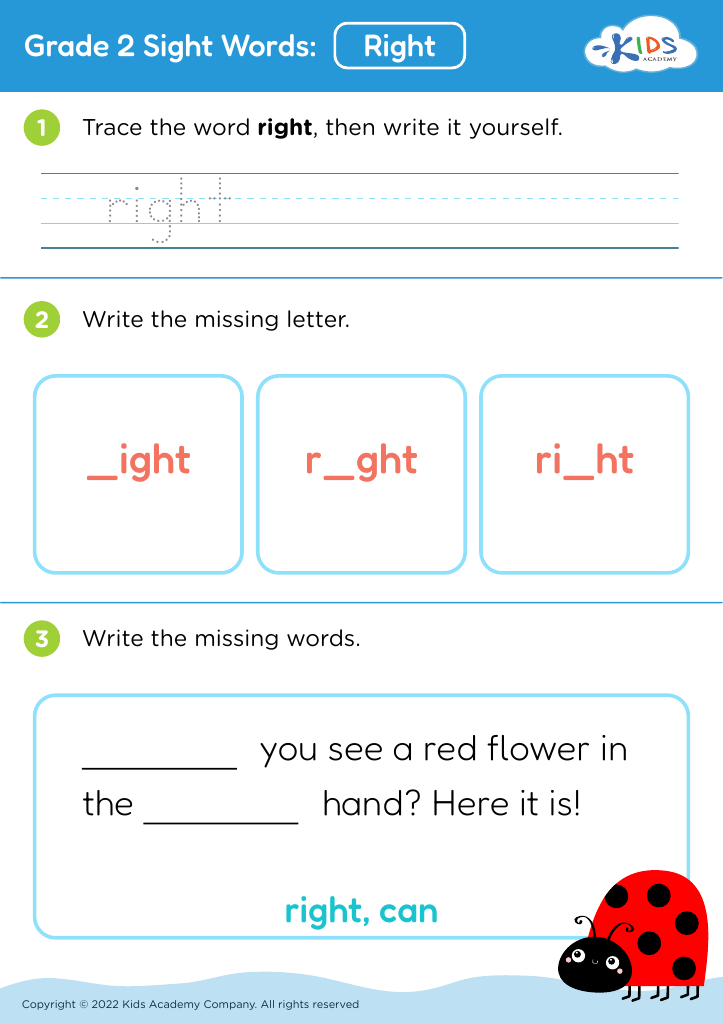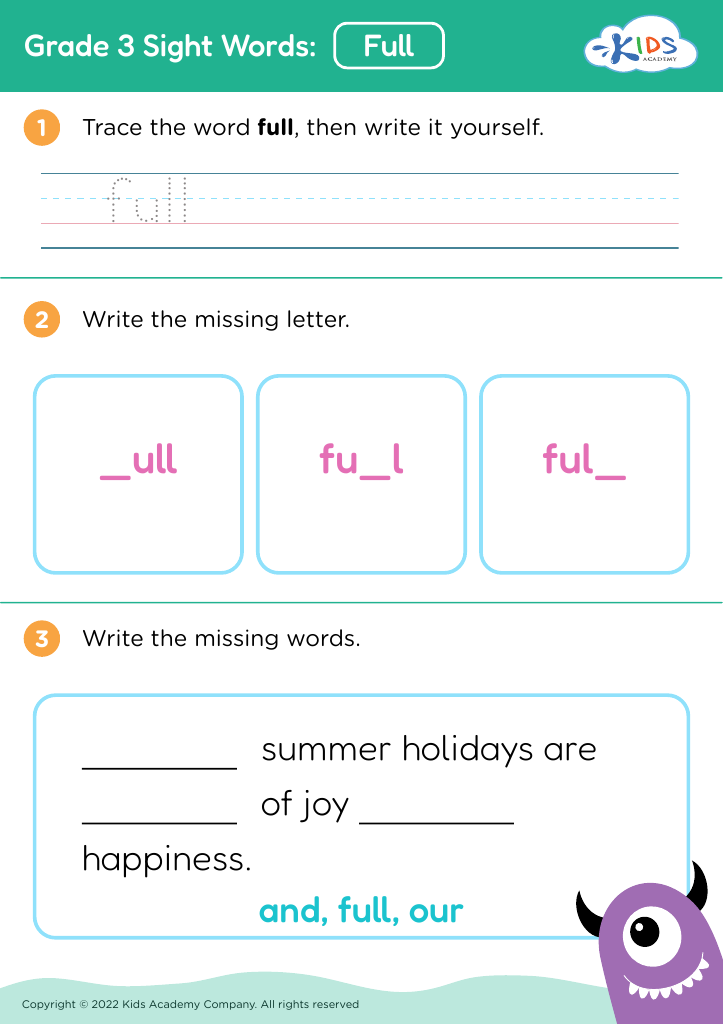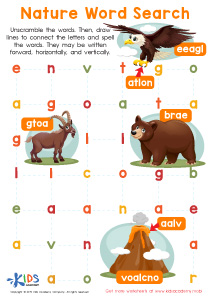Counting practice Sight Words Worksheets for Ages 8-9
4 filtered results
-
From - To
Enhance your child's learning experience with our Counting Practice Sight Words Worksheets for ages 8-9! These engaging worksheets seamlessly blend sight word recognition with counting exercises to reinforce essential literacy and numeracy skills. Designed to cater to young learners, our resources help children strengthen their vocabulary while boosting their counting abilities. Each activity is crafted to make learning enjoyable, incorporating colorful visuals and interactive tasks that keep students motivated. Perfect for homeschooling, supplemental practice, or classroom use, these worksheets ensure your child develops confidence in both reading and math. Explore our collection today and watch your child's skills flourish!
Counting practice and sight words are essential foundations for literacy and numeracy in children aged 8-9. At this stage, students begin to transition from learning to read to reading to learn, and both counting and sight words play critical roles in this transition.
First, counting practice enhances mathematical understanding. Mastery of numbers allows children to tackle complex problems, identify patterns, and develop a sense of quantity. Engaging in counting activities improves cognitive skills and encourages logical thinking, which are crucial for later math studies.
Sight words, on the other hand, are frequently encountered words that young readers must recognize instantly. Familiarity with sight words aids in reading fluency, reducing cognitive load, and helping children focus on comprehension. As students encounter common words effortlessly, they can devote more attention to understanding the text's meaning, fostering a love for reading.
For parents and teachers, promoting regular counting practice and sight word recognition not only supports academic skills but also builds confidence and motivation in children's learning journeys. By integrating these practices into daily routines, adults can ensure kids succeed academically, paving the way for lifelong learning and curiosity. Investing time and effort in these areas helps set children on a path to academic excellence.

